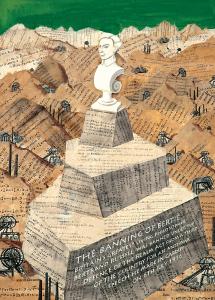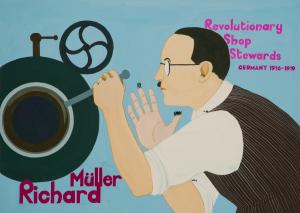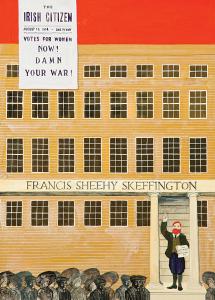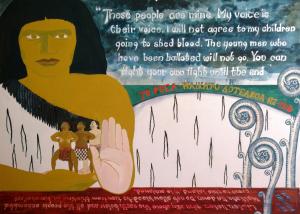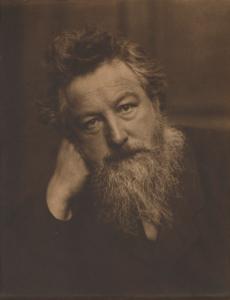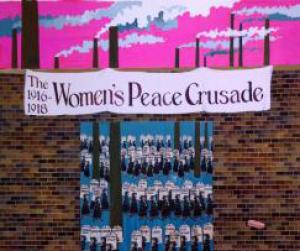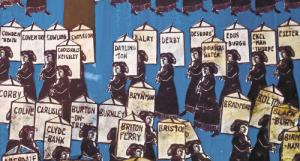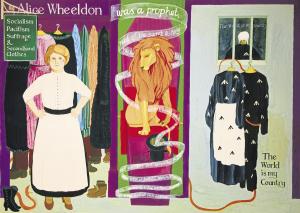This is a picture of my great-grandmother swimming across the river Drava carrying my Naganyja Ilona and my greatuncle Zoltan on her back. Behind her is my great-grandfather Shaffer. I have drawn him naked because he didn’t cross the river with his family and escape the pogrom, and all my great-grandmother had left was a photograph of him with no clothes on.
I…



